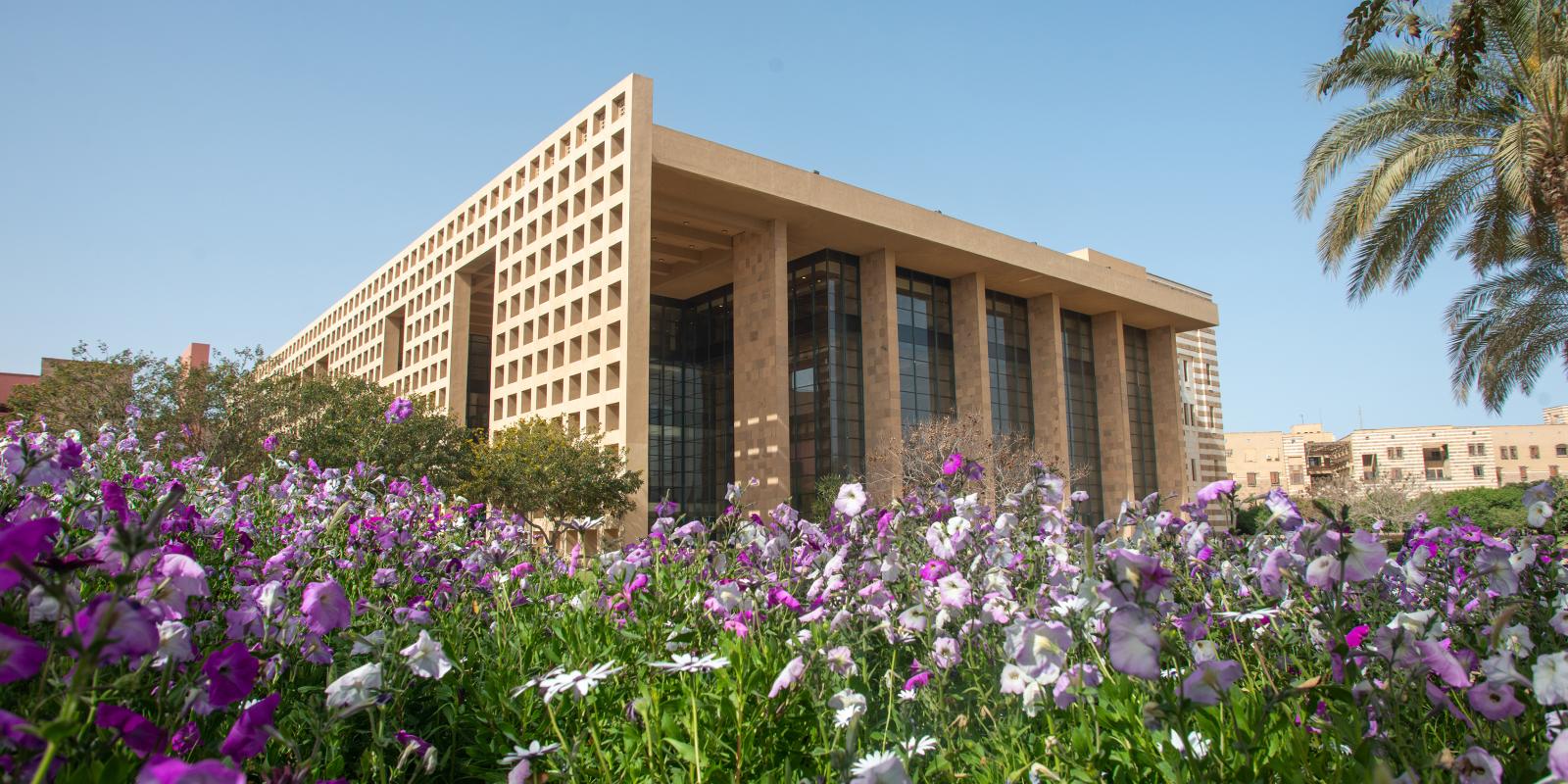Philosophy - MA
Explore the rich history of philosophy with our MA program. Appreciate the plurality of philosophical positions and cultivate methodological versatility. Delve into the common roots and interconnections between Islamic and Western schools of thought. Engage in dialogues between Analytic Philosophy’s rigor and the depth of German Idealist, Pragmatist, and Phenomenological traditions. Join us to deepen your understanding and foster philosophical inquiry in the 21st century.

Program Overview
The MA program in Philosophy emphasizes the importance of the study of the history of philosophy as the main avenue for both appreciating the plurality of positions it has given rise to and for the sake of cultivating the methodological versatility and patience such pluralism calls for in the 21st Century.
Accordingly, our program historically gives students a unique opportunity to explore the common roots, interconnections and conceptual boundaries between Islamic and Western schools of philosophical speculation, while at the same time systematically fostering the dialogue between the logical rigor and scientific naturalism advocated by the tradition of Analytic Philosophy, on the one hand, and the depth of systematic accounts of human experience offered in the German Idealist, Pragmatist and Phenomenological traditions, on the other hand.
Degrees and Admission Requirements
Students wishing to pursue MA in Philosophy should meet the minimum academic, language and admission requirements set by AUC.
Learning Outcomes
- Traditions: Students gain an advanced comparative perspective on differing styles, schools and systematic approaches in philosophy; students will acquire an advanced understanding of the manifold philosophical traditions that have emerged in its history.
- Values: Students enhance their ability to recognize, appreciate and assess aesthetic, cognitive and ethical value in human thought and accomplishment.
- Hermeneutics: Students develop transferable strengths in closely reading and methodologically interpreting the most challenging of the greatest works within the history of philosophy, as well as analyzing and presenting complex arguments and ideas with clarity and impact.
- Research: Graduates demonstrate an ability to independently conduct original research in the discipline requisite for acceptance within a Ph.D. program in Philosophy (or related discipline) at major international universities - and with tangible benefits in many career paths and walks of life.
Career Paths and Practical Experience
More often than not, students register for graduate study in Philosophy because of their love of the discipline, rather than for any utilitarian purpose. But, in the words of the executive director of the American Philosophical Association, “The skills that philosophy teaches you are wonderfully transferable.” In this spirit, the MA program in philosophy helps students to accomplish three essential endeavors: Firstly, it teaches our newcomers to think independently and for themselves, i.e. to think logically and move cautiously in the space of reasons. Secondly, our program teaches our continuing students to think for and put themselves in the place of others, i.e. to appreciate the unfathomable depth of worldviews and self-understandings human beings have developed. Thirdly, we expect our alumni to have started to acquire the art of systematically reflecting on their beliefs from the point of view of everybody else, i.e. to identify the salient points of view in any discourse and to know how to fruitfully connect them.
Fellowships
In addition to the university's fellowships and scholarship opportunities, funding opportunities are particularly relevant to students interested in the MA program in Philosophy
